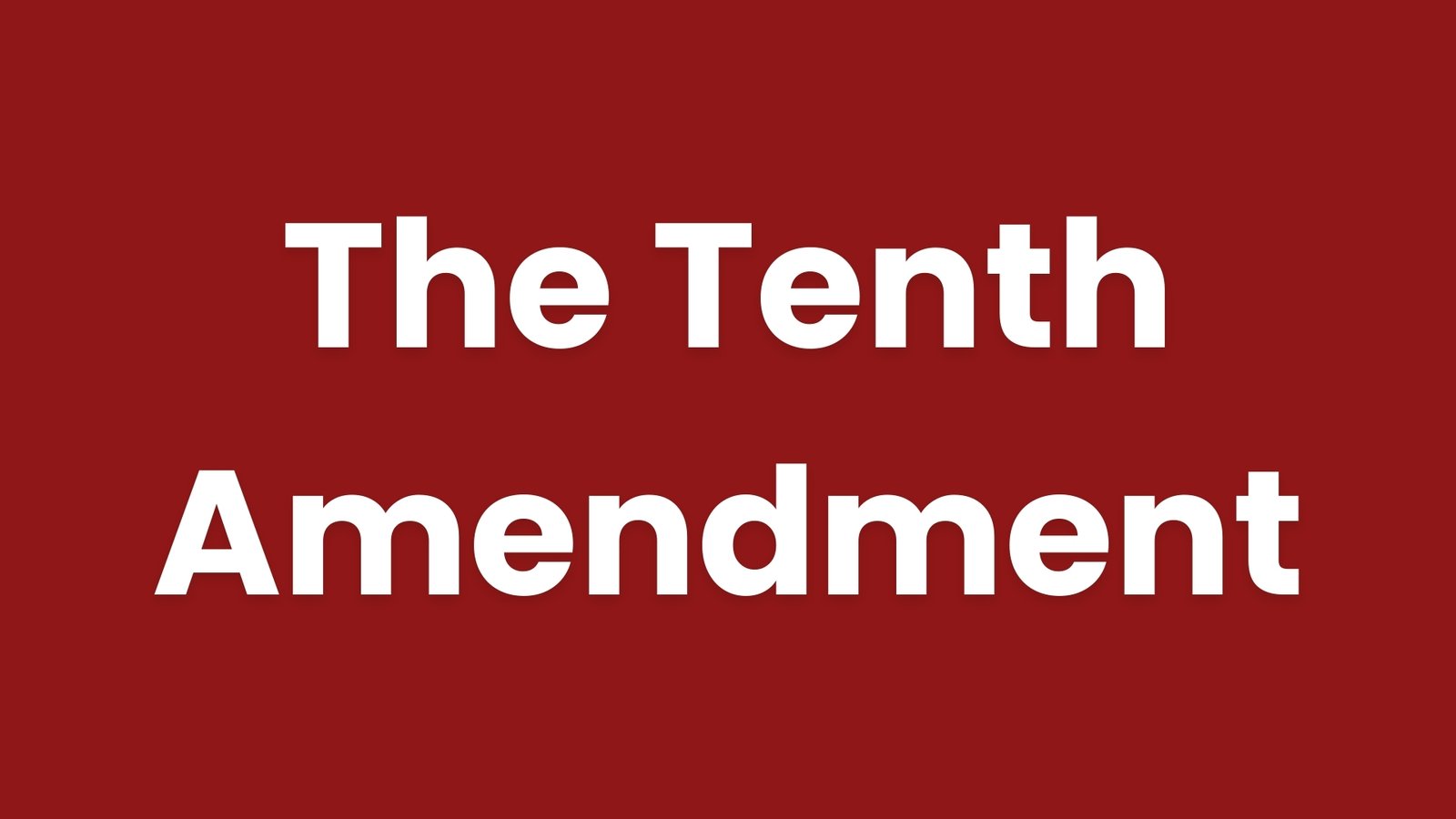On this page you will read detailed information about Civil Rights Act of 1964.
The Civil Rights Act of 1964 stands as a pivotal moment in American history, representing a monumental step towards guaranteeing equal treatment for all citizens, regardless of race. Proposed by President John F. Kennedy and signed into law by President Lyndon B. Johnson, this legislation aimed to address various aspects of discrimination and segregation that plagued the United States at the time.
The Call for Change
In a nationally televised address on June 6, 1963, President Kennedy made a passionate plea to the nation, urging action towards ensuring equal treatment for every American. Inspired by his words, Kennedy proposed comprehensive civil rights legislation to Congress, covering areas such as voting rights, public accommodations, school desegregation, and nondiscrimination in federally assisted programs.
Overcoming Obstacles
The path to passing the Civil Rights Act of 1964 was not an easy one. Despite Kennedy’s assassination in November 1963, his proposal remained a priority for President Johnson. With the support of key figures such as Senators Hubert Humphrey and Everett Dirksen, as well as organizations like the NAACP and the Leadership Conference on Civil Rights, Johnson worked tirelessly to secure the bill’s passage.
Opposition in the House of Representatives initially stalled the bill in the House Rules Committee. In the Senate, Southern Democratic opponents launched a filibuster to delay and obstruct the bill. However, through strong leadership and bipartisan efforts, including the support of Senate Minority Leader Everett Dirksen, the bill eventually overcame these obstacles and made its way to a vote.
The Passage of the Civil Rights Act
On July 2, 1964, the Civil Rights Act was signed into law by President Lyndon B. Johnson, just hours after it was passed by Congress. This landmark legislation brought about significant changes, outlawing segregation in businesses such as theaters, restaurants, and hotels. It also banned discriminatory practices in employment and put an end to segregation in public places like swimming pools, libraries, and public schools.
Title VII of the Civil Rights Act was particularly significant, as it established the Equal Employment Opportunity Commission (EEOC) to enforce the law. The EEOC’s role was to ensure that no individual faced discrimination based on race, color, religion, sex, national origin, disability, or age in all aspects of employment.
In the previous post, we had shared information about An Overview of the CARES Act 2020 and What It Means for Americans, so read that post also.
The Role of Key Figures
Several key figures played instrumental roles in the passage of the Civil Rights Act. President Lyndon B. Johnson made it a top priority during his administration, enlisting the help of influential individuals such as Senators Hubert Humphrey and Everett Dirksen. Their support, along with that of Representatives Emanuel Celler and William McCulloch, was crucial in securing the bill’s passage.
Senator Hubert Humphrey, in particular, played a pivotal role in leading the charge in the Senate. With the support of President Johnson and the efforts of Senator Everett Dirksen, Humphrey rallied enough support to overcome the filibuster and ultimately secure the bill’s passage. When the compromise bill finally went to a vote in the Senate, it passed with a significant majority.
The Impact of the Civil Rights Act
The Civil Rights Act of 1964 had a profound impact on American society. By outlawing segregation and discriminatory practices, the act laid the groundwork for a more inclusive and equal society. It opened doors of opportunity for marginalized communities and set a precedent for future civil rights legislation.
In addition to addressing issues of segregation and discrimination, the act also addressed the abolition of the poll tax through the Twenty-fourth Amendment. This amendment, ratified on January 23, 1964, prohibited the states and federal government from requiring voters to pay a poll tax before participating in national elections.
Legislative Strategy and Opposition
The passage of the Civil Rights Act required a strategic approach and the ability to navigate opposition. President Johnson and his team, including Attorney General Robert Kennedy and Deputy Attorney General Nicholas Katzenbach, worked closely with Senate Majority Leader Mike Mansfield and Senator Hubert Humphrey to develop a legislative strategy.
The NAACP and the Leadership Conference on Civil Rights also played vital roles in the fight for the Civil Rights Act. Through their lobbying efforts and collaboration with supportive senators, they helped build momentum for the bill’s passage. The support of Minority Leader Everett Dirksen and the bipartisan cooperation between Republicans and Democrats were essential in overcoming opposition.
A Delicate Balance: Compromise and Amendments
The path to passing the Civil Rights Act involved delicate negotiations and compromises. Senator Dirksen introduced the Dirksen-Mansfield-Kuchel-Humphrey compromise bill, which played a crucial role in securing bipartisan support. This compromise bill served as a substitute for the original version, incorporating amendments that strengthened the legislation.
One significant amendment was introduced by Representative Howard W. Smith, which added protection from employment discrimination based on sex. While Smith’s motives were complex, as a known opponent of civil rights legislation, the addition of this amendment reflected growing support for addressing discrimination based on gender as well.
The Final Push
With the bill’s passage in the House and Senate, the Civil Rights Act of 1964 cleared its final hurdles. President Johnson signed the bill into law on July 2, 1964, marking a significant victory in the fight for civil rights. The legislation set the stage for future advancements in equality and provided a framework for addressing discrimination in various aspects of American life.
Legacy and Continuing Struggles
The Civil Rights Act of 1964 remains a landmark piece of legislation that transformed the United States. It paved the way for subsequent legislation, such as the Voting Rights Act of 1965, and set a precedent for the ongoing fight for equality.
While significant progress has been made since the passage of the Civil Rights Act, the struggle for equality continues. The work of organizations like the NAACP and the ongoing efforts of individuals and activists continue to address and challenge the systemic issues that persist in American society.
In conclusion, the Civil Rights Act of 1964 stands as a testament to the power of collective action and the fight for equality. Through the determination of key figures, bipartisan cooperation, and the tireless efforts of activists, this legislation broke down barriers and moved the United States closer to its ideals of freedom and justice for all.
Disclaimer
The information and services on this website are not intended to and shall not be used as legal advice. You should consult a Legal Professional for any legal or solicited advice. While we have good faith and our own independent research to every information listed on the website and do our best to ensure that the data provided is accurate. However, we do not guarantee the information provided is accurate and make no representation or warranty of any kind, express or implied, regarding the accuracy, adequacy, validity, reliability, availability, or completeness of any information on the Site. UNDER NO CIRCUMSTANCES SHALL WE HAVE ANY LIABILITY TO YOU FOR ANY LOSS OR DAMAGE OF ANY KIND INCURRED AS A RESULT OR RELIANCE ON ANY INFORMATION PROVIDED ON THE SITE. YOUR USE OF THE SITE AND YOUR RELIANCE ON ANY INFORMATION ON THE SITE IS SOLELY AT YOUR OWN RISK. Comments on this website are the sole responsibility of their writers so the accuracy, completeness, veracity, honesty, factuality and politeness of comments are not guaranteed.
So friends, today we talked about Civil Rights Act of 1964, hope you liked our post.
If you liked the information about Civil Rights Act of 1964, then definitely share this article with your friends.
Knowing about laws can make you feel super smart ! If you find value in the content you may consider joining our not for profit Legal Community ! You can ask unlimited questions on WhatsApp and get answers. You can DM or send your name & number to 8208309918 on WhatsApp









